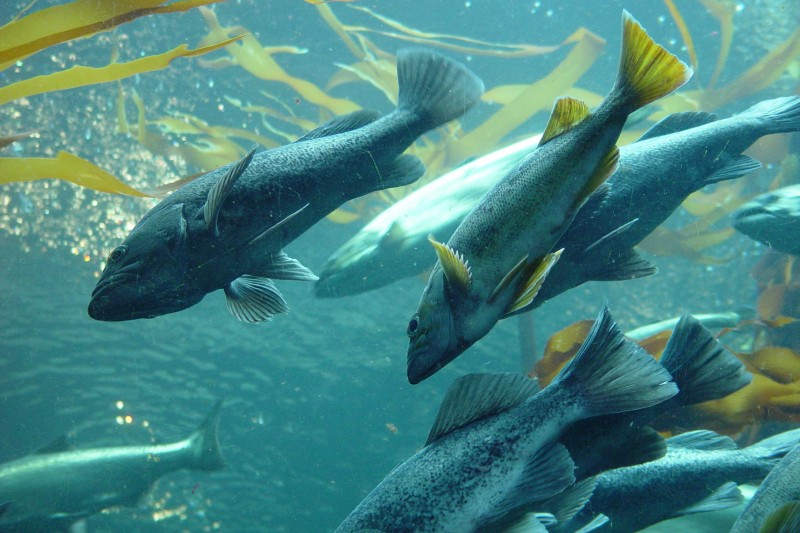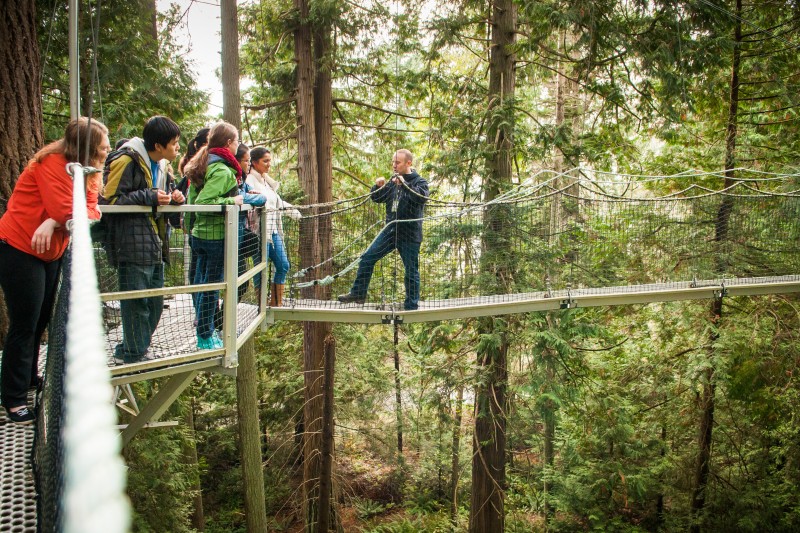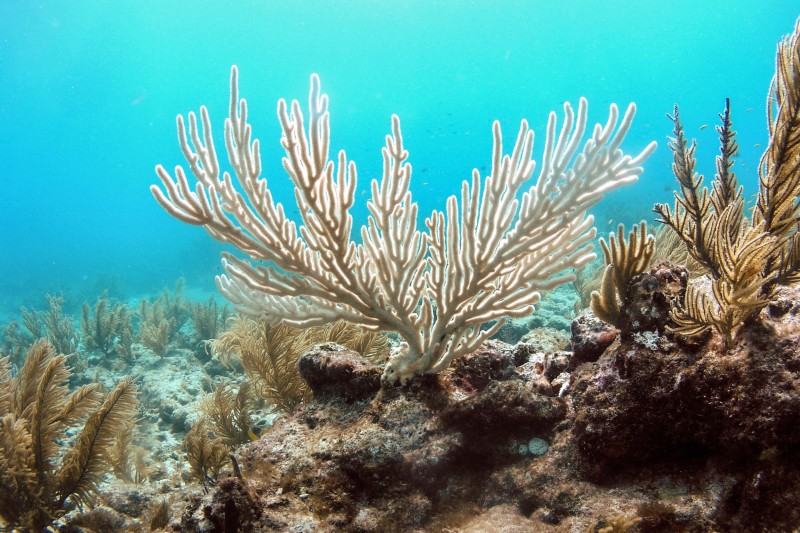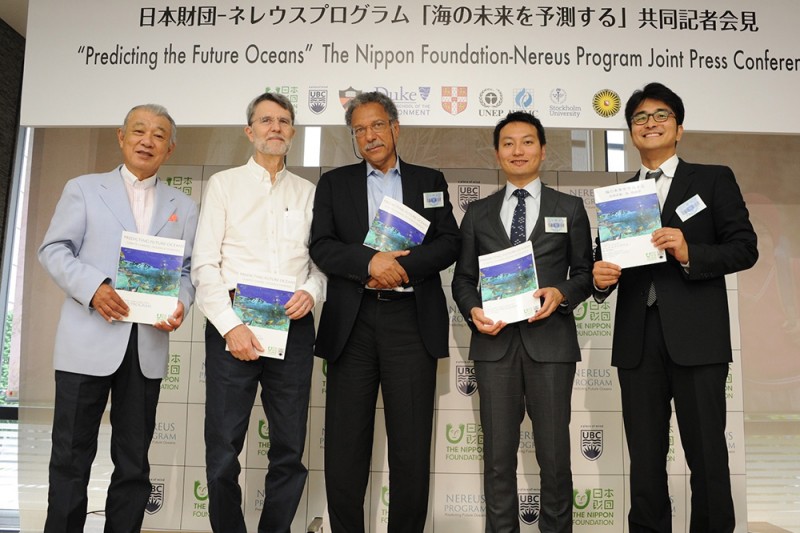Making Waves: Fighting Climate Change from UBC




From academic research to real-world on-campus practices, UBC has earned a reputation as an international leader when it comes to finding environmentally sustainable solutions to global problems.
The university has also completed the largest energy retrofit on a Canadian campus, implemented a transit U-pass system to get students out of cars and built the flagship Centre for Interactive Research on Sustainability, where researchers from diverse faculties are developing and promoting sustainable, and practical building technologies.
Under its Campus as a Living Lab philosophy, which uses campus education and research facilities to test, study, teach, apply and share sustainability lessons, UBC students, staff and faculty work collaboratively, striving to develop and adopt sustainable practices. Some examples: students reduce energy use in the dorms by washing clothes in cold water; there are campus competitions to develop other energy-saving initiatives; faculty share their expertise through more than 600 sustainability-related courses.
Off campus, UBC’s academic contributions are making a difference in communities and ecosystems around the world. Take the Nereus Program, UBC’s $13 million partnership with Japan’s Nippon Foundation, which has researchers striving to forecast the future for the world’s oceans. Their work made international headlines this year with the report Predicting Future Oceans, which details how marine life will suffer as oceans warm and acidify due to climate change. Fish will migrate to cooler waters, many will adapt by becoming smaller, and, in the case of shellfish and coral, many species will not survive.
UBC Professor William Cheung and UBC Research Associate Yoshitaka Ota co-direct the Nereus program and co-authored the report with colleagues in the Institute for the Oceans and Fisheries and other partner institutes. Cheung says complex problems like climate change, over-fishing and pollution require a multidisciplinary, international approach. “Nereus brings together global experts from the most prestigious research centres in the world to look at oceans in a holistic way. Marine scientists, ocean governance experts, fisheries researchers—we can all network together to find solutions.” Princeton, Duke, Cambridge, Stockholm and Utrecht universities have partnered with UBC in Nereus, along with the UNEP-World Conservation Monitoring Centre.
The Nereus research is also influencing policy makers around the world. Oceans will now be on the agenda at the upcoming UN Climate Conference. But Cheung says that there is still much work to be done to mitigate the damage. Even if we drastically reduce greenhouse gas emissions, ocean warming can’t be reversed overnight. “If we can solve problems like over-fishing and pollution, we can create marine ecosystems that are more resilient to climate change,” he notes.
Victoria Smith, Director of Communications and Community Engagement for the UBC Sustainability Initiative, says programs like Nereus illustrate the environmental cost of human activity. She is committed to helping create a major shift in thinking both on campus and off. “Sustainability and human happiness are strongly linked. [At UBC] We are framing sustainability in a positive, hopeful way that engages young people and compels them to act.”
She adds, “There are 49,000 future leaders, parents and change makers going through our Vancouver campus alone. It is our responsibility to give each of them the tools and the understanding to do a better job of creating thriving communities and restoring our planet.”